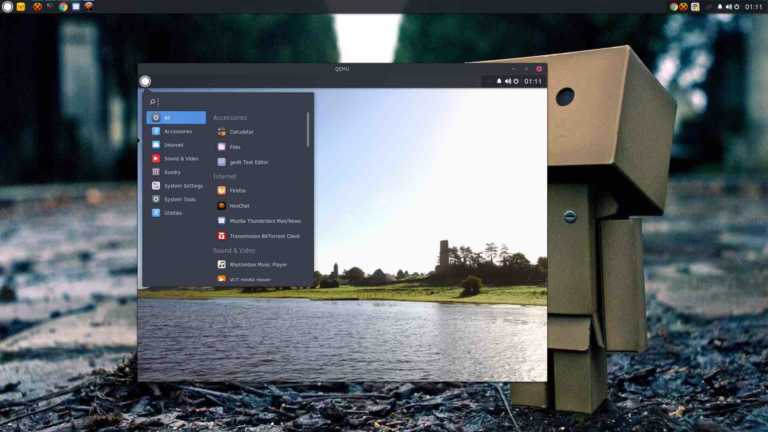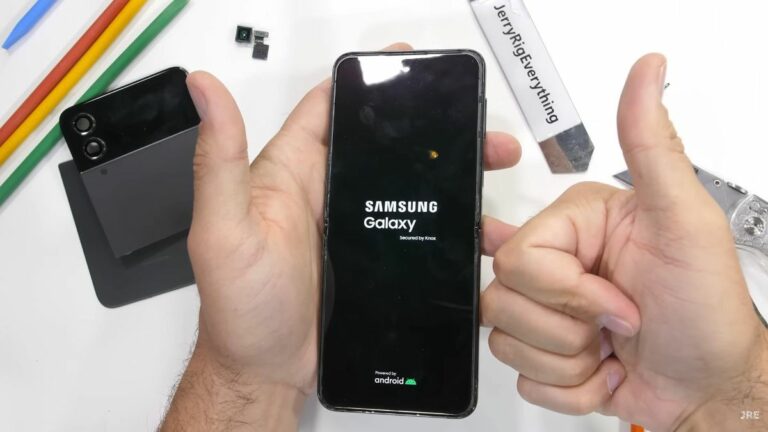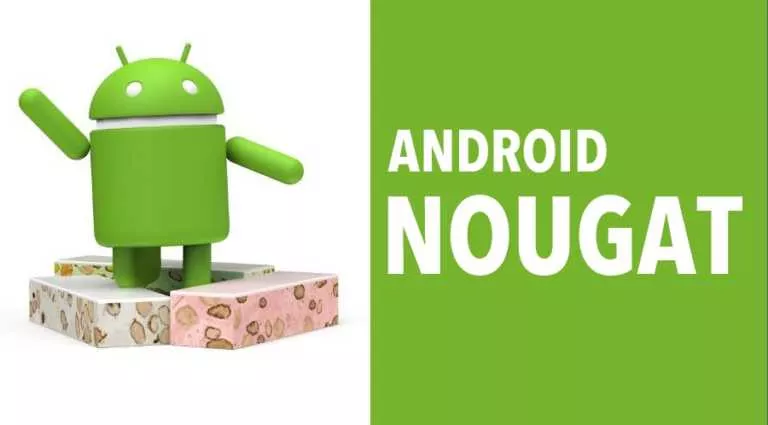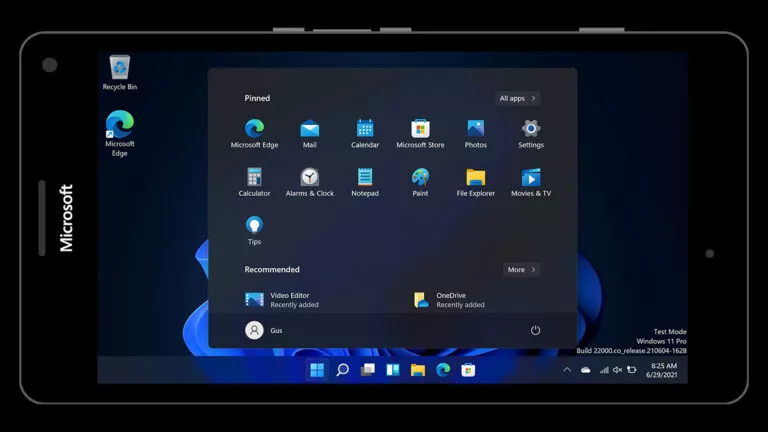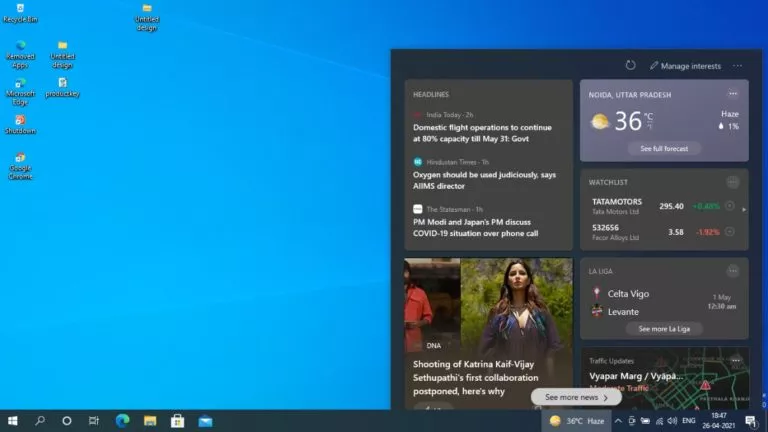Finding Your Lost Laptop Will Soon Become Easier Than Ever
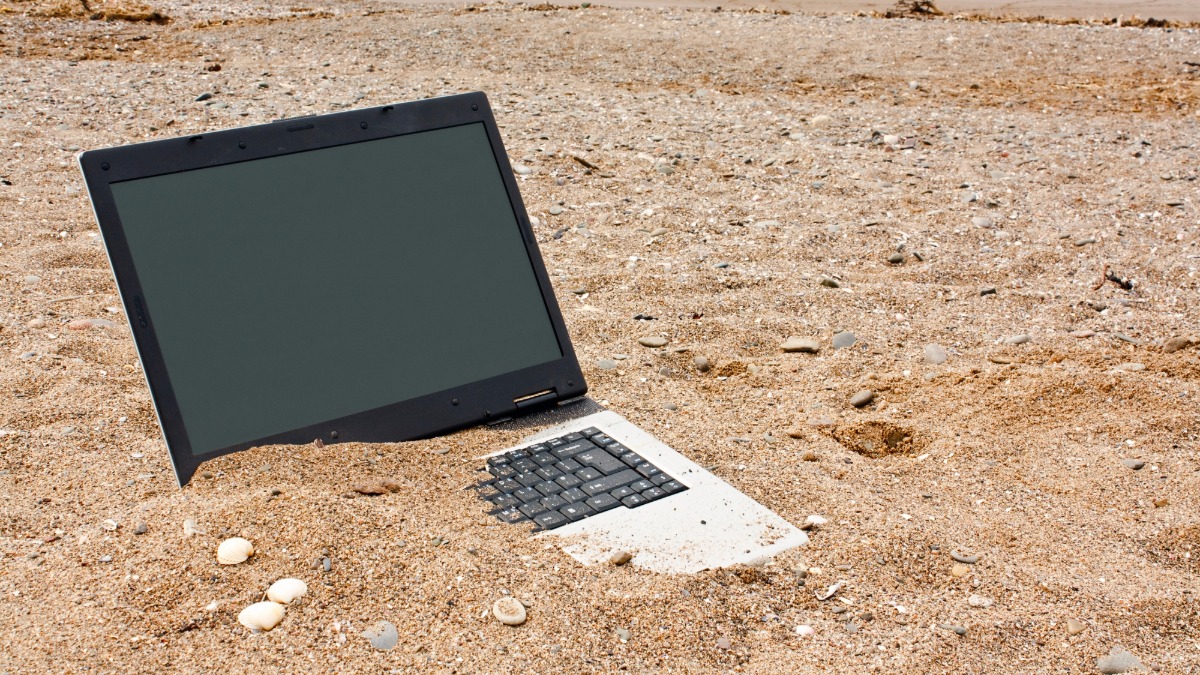
If you’re worried about losing your laptop someday, then rest assured. Intel has partnered with the smart location company Tile to bring a dedicated laptop tracking tech in the market.
Tile is already is known for its Bluetooth-powered tracking tags that can be tied to various objects and locate them via its Android or iOS apps. There’s is no need for an internet connection. On top of it, the app also stores the GPS coordinates of the location when it had the last contact with the tracker tag.
So, in other words, if your laptop got buried under a big pile of clothes, finding it would be easier then before.
If all goes well, the technology could find a home in laptops running Intel processors by the end of this year. Right now, we don’t have much information on exactly how the tracker will work with laptops. However, Tile and Intel are in talks with various PC manufacturers to boil down on the best Tile experience for the users.
The company said that the laptop tracking technology will be able to find laptops even when they are in sleep mode.
In addition to Bluetooth, it also has a ‘community find’ mode that uses the entire network of Tile apps to find your lost device. If that comes to the laptops as well, it’s surely going to make our lives a lot easier.
This, in turn, could be a boon for people who often forget their laptops at airports and coffee shops. Also, it would be an advantage over existing find my device features that come with our laptops. They are mostly software-based and often rely on the internet to locate a lost device.
Furthermore, it might give Intel an edge over its rival AMD, who is slowly taking away its silicon market share.
All of this builds on top of Tile’s previous efforts where it collaborated with Bluetooth Low Energy (BLE) chip makers such as Qualcomm, Toshiba, and audio companies like Sennheiser, Bose, and Skullcandy to expand its reach.
Tile estimates that exploring the electronic devices market gives it an opportunity to target over 30 billion devices over the next five years.

